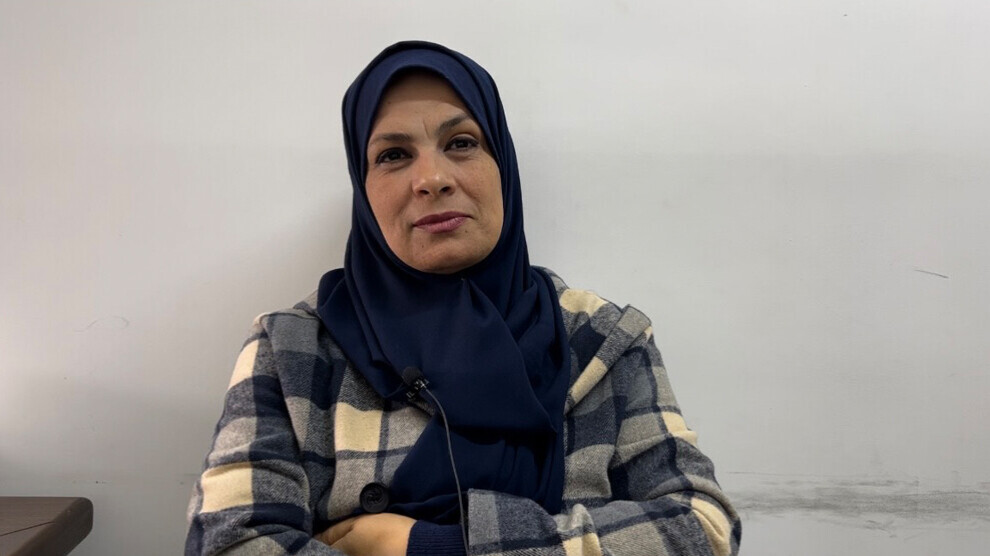West Bank and Gaza: Women being stuck between two cities, two different laws
The territories of the Gaza Strip and the West Bank are separated from each other by Israeli territory. This separation causes women and children to suffer more.

RAFIF ESLEEM
Gaza- The Israeli–Palestinian conflict, one of the world's most enduring conflicts, continues to affect the people in all spheres of life. After the United Nations Resolution 181, resolution passed by the United Nations (UN) General Assembly in 1947 that called for the partition of Palestine into Arab and Jewish states, the Provisional Government of Israel declared itself as the de facto authority of the State of Israel in 1948 and began to occupy and attack many parts of Palestinian territories. Now, the territories of the Gaza Strip and the West Bank are separated from each other by Israeli territory. The separation of Palestinian territories causes women and children to suffer more due to different laws.
In an interview with NuJINHA, Magda Shehadeh, a researcher in the Women's Rights Unit at the Palestinian Center for Human Rights, said that the separation of the Palestinian territories had a significant impact on many laws, including the personal status laws in the West Bank and the Gaza Strip.
“The Jordanian Personal Status Law No. 61 of 1976 is applied in the West Bank and the Egyptian Law of Family Rights of 1954 in the Gaza Strip,” Magda Shehadeh said, “There are many differences between these two personal status laws. The courts' decisions in the West Bank are not recognized in the Gaza Strip while the courts' decisions in the Gaza Strip are not recognized in the West Bank. This causes many problems for women about child custody, alimony, and the right to see children after divorce.”
‘Palestinian Legislative Council has been suspended for 12 years’
Underling that the Palestinian Legislative Council has been suspended for 12 years, Magda Shehadeh said, “This suspension of the PLC has meant that the President alone has been selecting and approving cabinet positions. Some political parties, movements, factions or tribes make decisions about women and this is unacceptable.”
Child marriage
Emphasizing that women and children in the Gaza Strip and the West Bank need the personal status laws to be amended according to human rights, Magda Shehadeh said, “They now suffer from customs, traditions and discrimination. In the Gaza Strip, women retain custody of girls until they reach nine, and boys until they reach seven years. In the West Bank, children are asked with whom they want to stay when they reach 13.”
‘We need laws protecting women’
Drawing attention to the rise in honor killings , Magda Shehadeh said, “The current laws encourage perpetrators of honor killings because they go unpunished as happened in the murder case of Israa Ghareeb, who lost her life in the name of ‘honor’. She lost her life at a hospital after being beaten by her family members. Many women have been killed in the name of honor due to the lack of laws protecting women. We need laws protecting women.”
